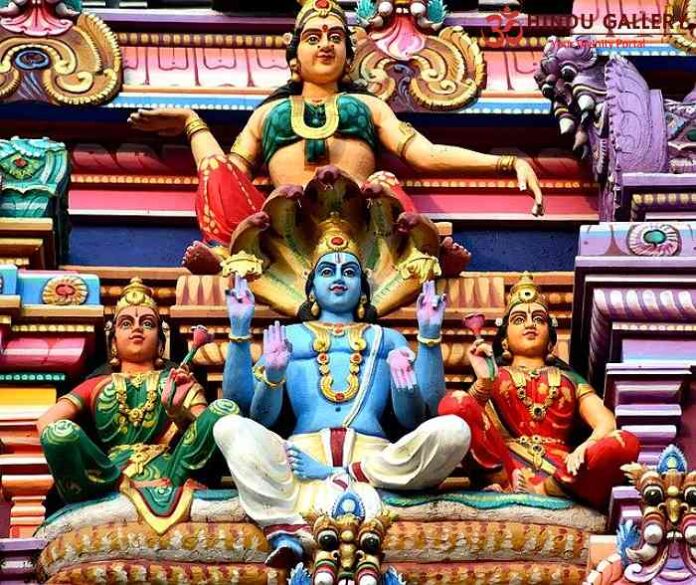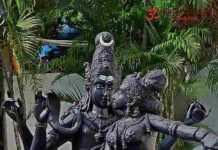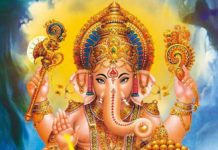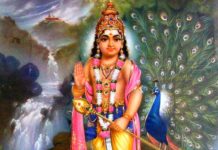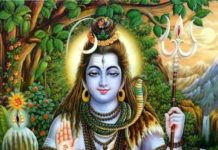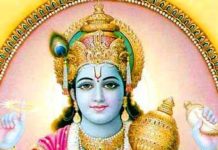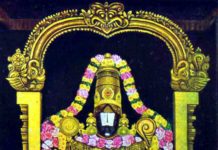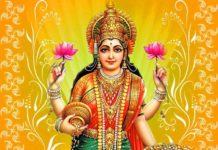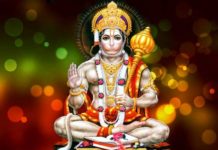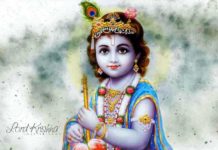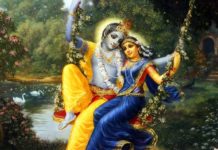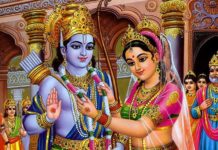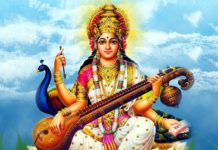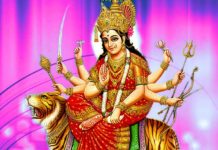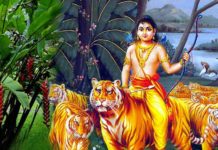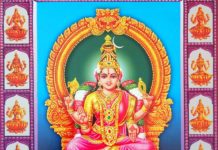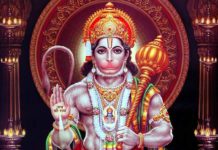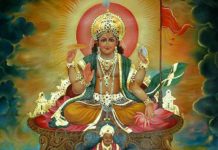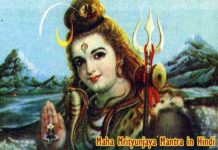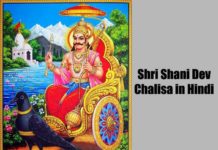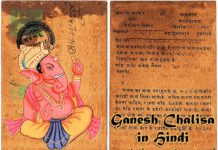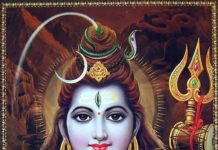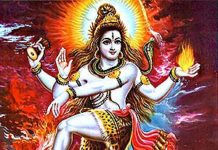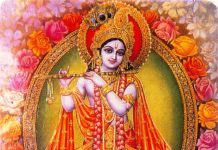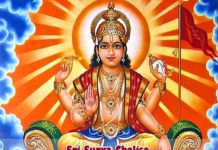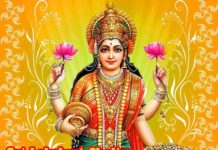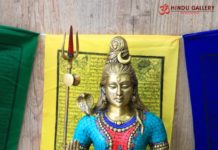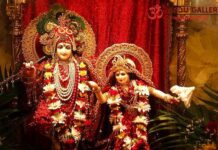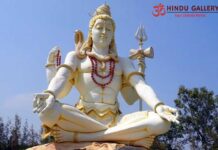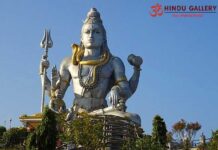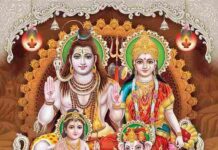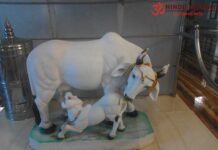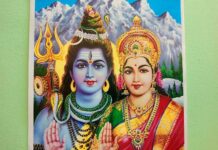Dev Uthana Ekadashi is the eleventh day from the Amavasya day (Shukla Paksha Ekadashi) which occurs on the Shukla Paksha Ekadashi Tithi of the Karthik month as per both the Amantha and the Purnimantha Calendars.
In the year 2023, it occurs on Thursday, 23rd November 2023. The exact duration of the Ekadashi Tithi has to be ascertained from the respective regional calendars.
The Vrat is also called as Prabodhini Ekadashi and Dev Utthani Ekadashi. Dev Uthana Ekadashi marks the end of the chathur masya period. It is believed that Sri Maha Vishnu wakes up after His sleep for four months commencing from Shayani Ekadashi.
Dev Uthana Ekadashi heralds the commencement of festivals and muhurat days after the chathur masya months.
Legend
Dev Uthani means ‘’waking up of God”. Sri Maha Vishnu is entrusted with the responsibility of protecting the universe. For ensuring protection, He had to continuously keep fighting the demons without any rest.
This restless workstyle had resulted in irregularity in His sleeping pattern. He at times fell asleep at odd intervals which created havoc to Sri Mahalakshmi and to others.
Sri Mahalakshmi had asked Sri Vishnu to regularize His sleeping pattern so that there will be some discipline in the universe.
Sri Vishnu had lamented that He would go for deep sleep during the end of the Yug, which is called as pralaya kaal. That sleep is called as Maha Nidhra. As that would take time, He had consented to take a short nap for four months from Ashada to Karthika.
The period from Dev Shayani Ekadashi in Ashada month to Dev Utthani Ekadashi in Karthika month is called as Chathur Masya period which is the Yoga Nidhra period of Sri Maha Vishnu. The period is always devoted towards various Vrats and ardent devotion to God.
Rituals
The general rituals followed for Ekadashi Vrats are given below:
-The exact time of dawn of Ekadashi tithi is ascertained either from family elders / astrologers. It is mentioned in the Holy Almanac (Panchang) as well. Even daily Calendars provide the information.
-The idol or picture of Sri Vishnu is decorated with flowers. Incense sticks are burned. Diyas are lit with ghee. Pujas are done with tulsi leaves. Slokas or stotras of Sri Maha Vishnu including Sri Vishnu Sahasra Nama are recited with devotion. Srimad Bhagavad Gitaa is also recited.
-The Vrat Katha is to be read and recited.
-At the end of the puja, aarti is done. Prasad is distributed to the family members.
-Devotees of Bhagwan Maha Vishnu observe strict fasting from the dawn of Ekadashi.
-They do not sleep on the night of Ekadashi. At this time, tales of Sri Maha Vishnu are recited by the elders. Others listen to the stories.
-Various bhajans and kirtans are held.
-The fast shall continue till the sunrise of the next day, i.e., Dwadashi.
-Those devotees who cannot do fasting due to medical or other reasons can take sattvic food. Mostly prasadams and fruits are partaken.
-Making daan / donation to the needy on Ekadashi day is believed to please Sri Maha Vishnu.
Especially for Dev Uthana Ekadashi, soon after taking bath, the holy feet of Sri Maha Vishnu is drawn inside a square the courtyard of the houses. A container called Okhli is taken and is filled up with some water, piece of sugar cane, fruits, sweets and chestnut and closed with a lid. This container has to be kept in the Puja place.
It is considered mandatory and auspicious to light earthen lamps around the houses and temples in the evening.
After prayer, the following is sung to wake up Sri Maha Vishnu from the short slumber.
“utho dhaeva, batho dhaeva, aanguria chatkao dhaeva, nayee soot, nayee kapas, dhaeva uthayae karthik maasa”
As the period also marks the commencement of harvesting sugar cane. Offering a piece of sugar cane to Sri Maha Vishnu as Neivedyam is said to bring in good harvests.
-On Dwadashi day, after bath, unless it happens to be another Vrat day, a nutritious meal is partaken to balance the internal physical effects of fasting on the previous day. It is considered pious to forego eating of brinjal on Dwadashi day.
Benefits
-enjoyment of luxurious life with health, wealth and fulfillment of the desires.
-alleviation of all the sins both intentional and unintentional.
-alleviation of sins of past births.
Importance should be given to the sincere prayers to Sri Maha Vishnu.
The synopsis of Kamada Ekadashi, Varuthini Ekadashi, Mohini Ekadashi, Apara Ekadashi, Nirjala Ekadashi, Yogini Ekadashi, Devshayani Ekadashi, Kamika Ekadashi, Sravana Putrata Ekadashi, Aja Ekadashi, Parivarthini Ekadashi, Indra Ekadashi, Papankusha Ekadashi and Rama Ekadashi are narrated in the previous articles.


